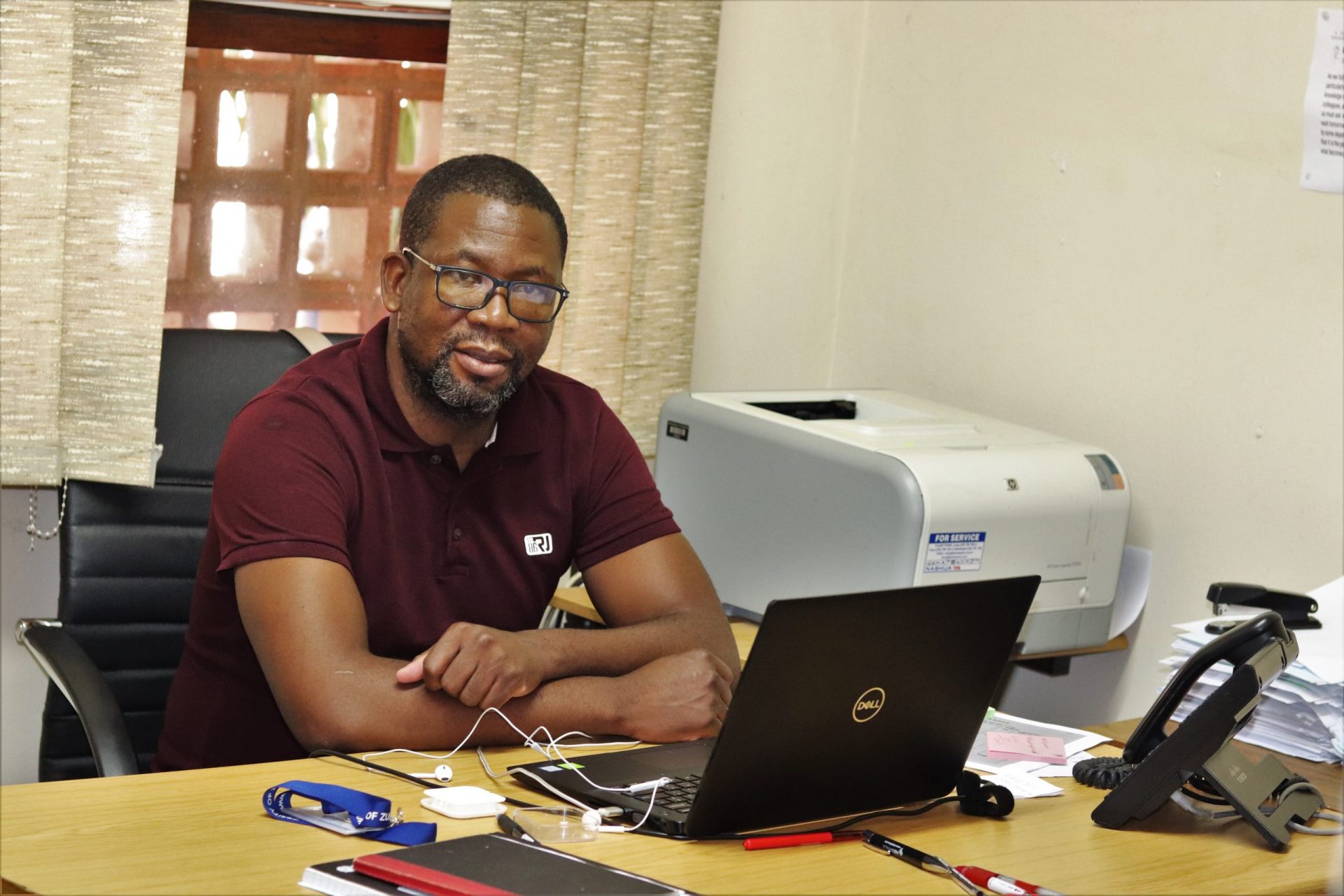Academics Ponder Idea of a Centre for African Thought at UNIZULU

The establishment of a centre for African thought at the University of Zululand (UNIZULU) is a concept that is both possible and indispensable. However, several constitutional factors would need to be considered for it to successfully serve its purpose, academics noted during a recent webinar.
Titled “The Idea of a Centre for African Thought at the University of Zululand”, the webinar was presented by Professor Morgan Ndlovu, a full professor in the Department of Anthropology and Development Studies at UNIZULU. It took place as a result of previous discussions on the idea of a centre of this nature.
To unpack the title, Prof Ndlovu deciphered three key words within the topic: thought, African and centre. While thought or intellectual thinking is an innately human capability, historical documentation clearly insinuates that this is an exclusively white male ability. This dates back to the 16th century where “Europe began to reconstitute itself as the authentic root of thinking”. During this era, global human experience was accounted for by white male figures from Spain, Portugal, the United Kingdom, Germany and France, regardless of time, context and spatiality.
“This way of thinking, which presumes that there is no thinking outside of white male thinking, can be traced back to the father of western philosophy, René Descartes, who developed what is popularly known as the ‘Cogito, ergo sum’, which means ‘I think, therefore I am’. There are many interpretations of this notion but the main one is the idea that he was laying a foundation for secular foundationalism whereby a human being placed himself in the position of God to pronounce a self-evident truth that is unmediated by experience.
“This marked the end of the ‘political’ in the form of critical reflectivity on the part of those who were unfortunate enough to exist on the dominated side of the ‘colonial power difference’, as they had to rely on the truth of another human being who positioned himself as an imperial God,” Prof Ndlovu said.
Over the years, scholars began to question Descartes’ theory, ultimately giving rise to anti-Cartesian meditations, the objective of which is to challenge epistemic solipsism of the Western subject.
With African knowledge having previously been shunned, Prof Ndlovu believes there is a strong need to rewrite the history of the African continent, this time through the eyes, thinking and experiences of an African. This is the type of role a centre for African thought would seek to play. It would embrace all forms of African thinking, including occurrences outside of the academy.
Some of the fundamental characteristics of an ideally African centre within an institution like UNIZULU would include, among others, privileging the histories and perspectives of the people of Southern Africa from the pre-colonial era to the present; cross-fertilising African knowledge(s) into the curriculum in the university and dealing with dynamics of dominant recognition by deliberately encouraging the citation of African scholars who were historically not represented.
Responding to the presentation, Prof Siphamandla Zondi, a professor of politics and international relations at the University of Johannesburg, was in total agreement with Prof Ndlovu’s stance on the subject matter. According to him, UNIZULU can establish and successfully run the centre by employing a few cost-effective measures which include harnessing Afro-sensed knowledge (s) which exist within the institution; encouraging a series of dialogue among students and academics; making the centre a repository for papers of prominent scholars and activists, first in the province and then across the world; and positioning the centre as a fraternity as this the direction being taken by most centres.
In her vote of thanks, Dr Smangele Cele, a lecturer in the Department of Sociology, was in awe of the profound words uttered by the academic giants, saying that they would resonate in the classrooms, through teaching and learning, research and community engagement. “The centre will be a repository to strengthen, reshape our thinking and learning as well as research. It will allow for freedom of writing. Like Steve Biko said, ‘I write what I like.’ We will now write what we like. We will write about our lives, about Africa, about being Africans and activities that happen inside and outside of the University,” she said, adding that the committee will work hard in ensuring that the centre is established and functions.
– Naledi Hlefane
Caption
Professor Morgan Ndlovu strongly supports the idea of a centre for African thought being established at the University of Zululand.














Leave a Reply